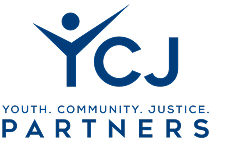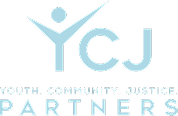Therapy
Youth with an incarcerated parent
Parental Incarceration
Children of incarcerated community members committed no crime, yet they pay a steep penalty. They forfeit, too often, much of what matters to them: their homes, their safety, their public status and private self-image, their primary source of comfort and affection.[1]
Their lives and prospects are profoundly affected by the multiple institutions that lay claim to their parents—police, courts, jails and prisons, probation and parole—but they have no rights, explicit or implicit, within any of these jurisdictions. [1]
[1] San Francisco Children of Incarcerated Parents Partnership
Children with incarcerated parents need a safe place to live and people to care for them in their parents’ absence, as well as everything else a caregiver might be expected to provide such as food, clothing, medical care, a ride to school… But beyond these fundamental requirements, these children tell us they want:
- to be told the truth about their parents’ situation
- to be listened to without judgment
- to enjoy the companionship of others who share their experience
- to be treated with respect, offered opportunity, and recognized as having potential
- contact with their parents and to have that relationship recognized and valued even under adverse circumstances

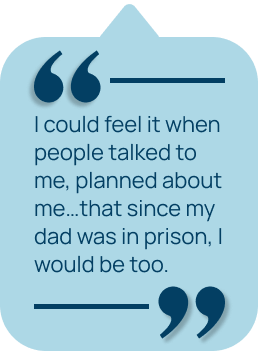
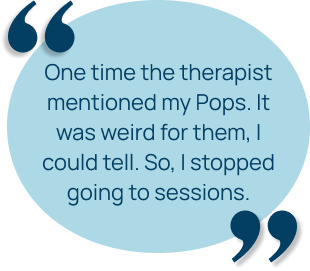
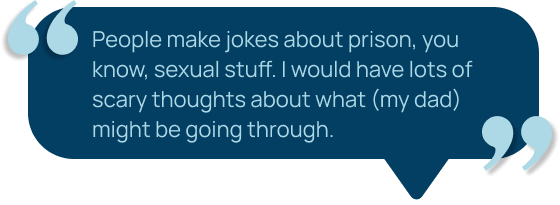
VOICES OF THE YOUTH




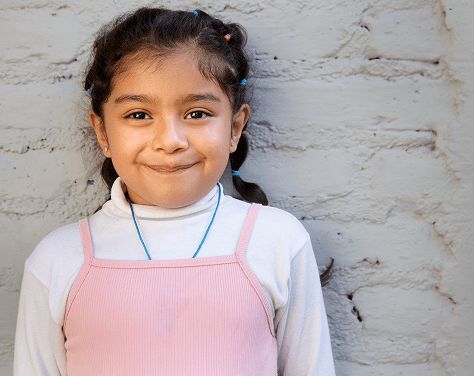
Dr. Gerchow: Honoring the stories & strength of children with incarcerated parents
Dr. Gerchow is a licensed psychologist (PSY 29762) and credentialed school psychologist. She spent almost ten years providing direct clinical services (e.g., Trauma Focused Cognitive Behavioral Therapy, Dialectical Behavioral Therapy) in a maximum-security juvenile hall in Contra Costa County. Many of Dr. Gerchow’s youthful clients identified the experience of having an incarcerated parent as one of the most painful to hold and the most difficult to disclose and grieve. As such, Dr. Gerchow committed herself to unreservedly affirming each of these youth, welcoming all their feelings and experiences.
Over time and with trust, Dr. Gerchow supported these youth to think about the grieving process, understand the reasons for their feelings and behaviors, and adopt appropriate responses rather than destructive ones. She also prioritized child-parent attachments, whenever appropriate.
During therapeutic interactions, Dr. Gerchow adapted the tone, timing, and content of all activities based on awareness and attunement to the unique social and cultural aspects of the youth’s experiences, including awareness that parental incarceration can be a form of disenfranchised grief.

YCJ Partners’ Services
We co-design individual and/or group activities that foster comfort and kinship and reduce shame and loneliness. Depending on the age and needs of the youth, we utilize reading, art, cartoons, somatic activities, journaling, life books, games, and theater. We may integrate therapeutic approaches such as:
Play therapy to recognize, identify, and verbalize the youth’s feelings
Narrative therapy to separate the youth from their distress through reframing their life stories and using counternarratives
Acceptance and Commitment Therapy (ACT) to understand and accept the youth’s inner emotions and apply that deeper understanding to move forward in a way that reflects the youth’s purpose and values
Dialectical Behavior Therapy (DBT) to learn and practice regulating emotions, distress tolerance, mindfulness, and maintaining healthy relationships (as defined by the youth and family)
Cognitive Behavior Therapy (CBT) to identify challenging thought patterns and replace them with more adaptive, healing ones (as defined by the youth and family)
TESTIMONIALS
I have never worked with such an emotionally intelligent and considerate individual. In fact, her leadership approach was inspirational. It truly inspired me to reconsider some of the ways in which I lead and how to be more cognizant of the journey that others have taken to get them to the place in which we are now asked to interact and partner.
Primary Care Pediatrician – UCSF Benioff Children’s Hospital Oakland Medical Director, Alameda County Juvenile Justice Center Associate Professor UCSF Benioff
Intelligent, determined and motivated to helping marginalized groups. She is an outstanding clinician and true inspiration to all in the field.
Clinical Psychologist – Trauma Treatment Track ACLT, South Sacramento Medical Center
